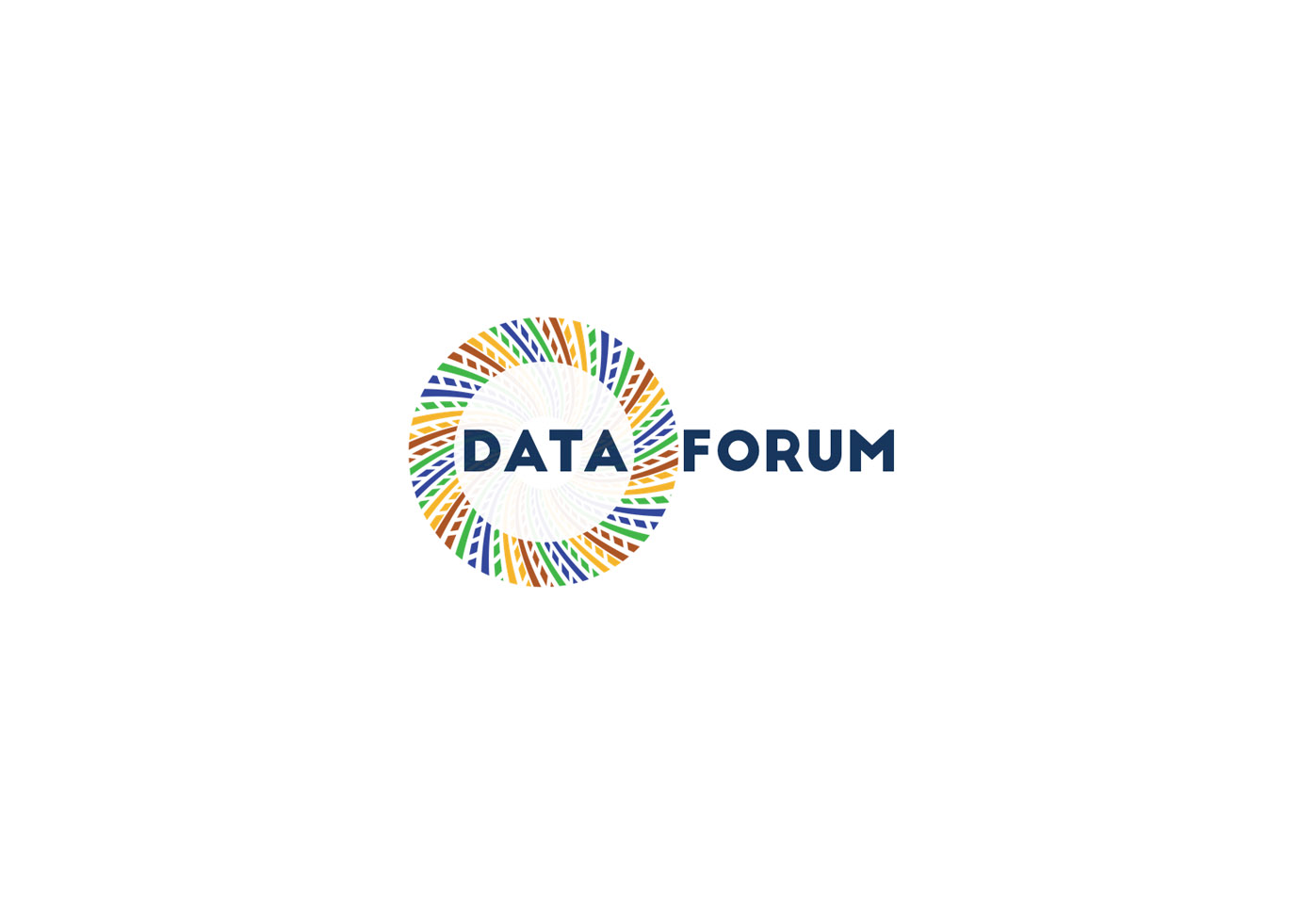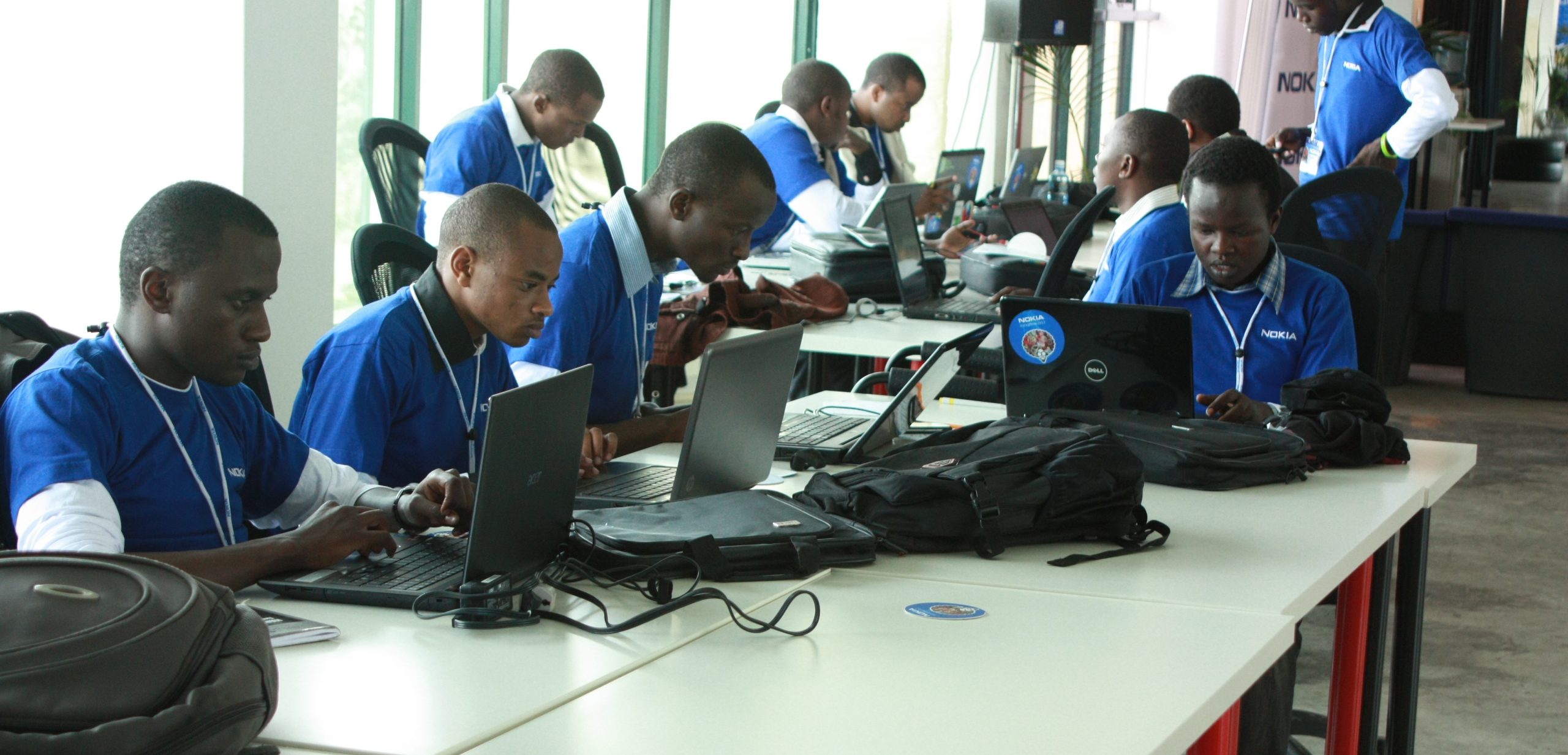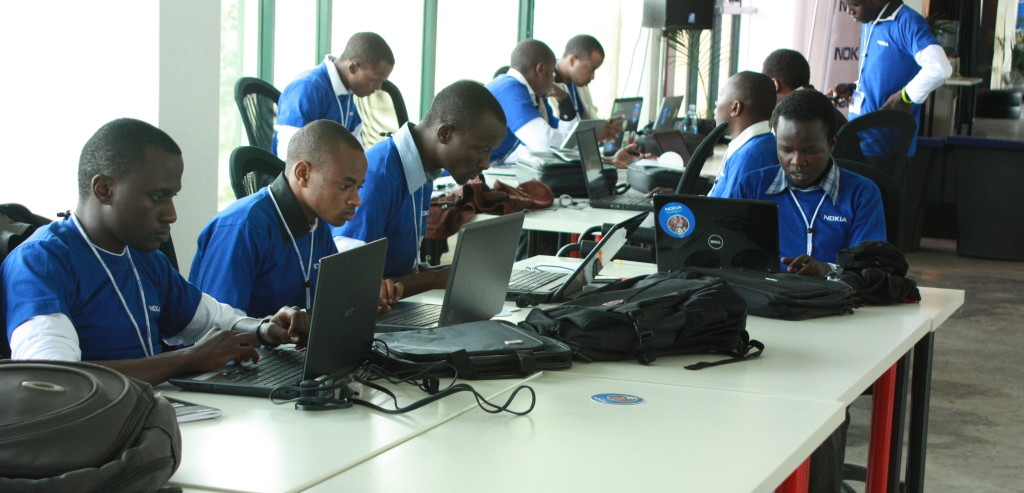- Have any questions?
- +254 718 619298
- thinking@developlocal.org

Media Briefing: the First National Forum on Harnessing the Data Revolution for Sustainable Development
27th August 2015The Data Revolution; Leave No Women Behind.
15th September 2015We also call for a data revolution for sustainable development, with a new international initiative to improve the quality of statistics and information available to people and governments.
High Level Panel of Eminent Persons on the Post 2015 Development Agenda
Africa has not been idly waiting to be handed a development agenda. We adopted Agenda 2063 in 2014 and we have begun, in 2015, the process of domesticating it with the first 10 year plan. Globally, domestication of the SDGs are not likely to start until after March 2016 when the indicators are agreed and adopted. Agenda 2063 is not a divergent vision from that in the Sustainable Development Goals but is contained within the SDGs and consequently requires, just like the SDGs, data as a core means of implementation.
Africa isn’t waiting around for others to define for us what a data revolution is either. There is growing high level leadership towards reconfiguring the Africa data ecosystem to deliver on a true revolution. It was no surprise then that the AU Heads of State and Government asked the AUC, ECA and AfDB to hold a meeting to discuss the impact of the data revolution on Africa’s Agenda 2063 and the post-2015 development agenda. The meeting was held in March 2015 and produced a proposed data consensus whose principles will guide members states and non-state actors as we take deliberate steps towards realisation of a data revolution.
Recently, Kenya took its heading for an indigenous data revolution from the Africa Data Consensus with a journey beginning with the convening of data communities (one of the principles in the document) and the holding of the 1st National Forum on Harnessing the Data Revolution for Sustainable Development. The forum was opened by H.E. Hon. William S Ruto, Deputy President of the Republic of Kenya with his speech calling for, among other things, closing the data gaps that exist especially in areas such as civil registration and vital statistics (CRVS) and making access to ICT infrastructure even more affordable for everyone.
We do believe also as government that the data revolution must not become a struggle between an ancient regime of traditional official statistics and a new Big Data Republique. A worthwhile revolution will provide a means for Big Data scientists and official statisticians to work together as partners and complement one another.
H.E. Hon William S Ruto, Deputy President, Republic of Kenya
The statements by His Excellency the Deputy President, the Governor of Kakamega County Hon Wycliffe Oparanya and the comments by the Honourable Member of Parliament for Emuahaya constituency, Hon Wilbur Otichillo, highlighted some of the imperatives for Kenya and the entire continent as we pursue the attainment of our development objectives in more inclusive, effective, evidence-driven and efficient ways than we did with the MDGs. Some are in areas where many countries are making effort to improve, such as CRVS, but others are in emerging issues we cannot afford to ignore such as terrorism and road traffic.
The imperatives speak to many aspects of the broader data ecosystem in Africa but these three I believe have existential and cross-cutting impact on a data revolution in Africa.
- The Access to Information Environment. Governments don’t know everything they should know about everywhere. Harnessing the collective wisdom of the citizens and organised expert groups within the country therefore provides the state with an opportunity to strengthen its capability by leveraging others. Of critical importance to this is an environment in which citizens and experts can access the data, statistics and information they need in order to do contribute to development in their communities. Although Freedom of Information legislation is not the only way to create this environment, it is an important aspect and an area in which African countries haven’t done particularly well. The African Union has demonstrated leadership in this through the African Commission on Human and People’s Rights which launched a model Access to Information Law in April 2013 on which AU member states can benchmark their own FOI legislation. 14 countries had passed Access to Information legislation by 2014, but of these only a few had fully implemented it. Although that is an improvement over the situation in 2010, we must take deliberate steps to accelerate this if the data revolution is to sweep across the continent, not crawl.
- Human Capital Development. Whoever has the data controls the narrative. The existence of the data and the environment to ensure citizens have access are important but generally citizens don’t lose much sleep wondering about the latest dataset on maternal mortality or budget absorption rates. Domain experts on the other hand need a constant supply of it. But do we have the local expertise to use the data or do we rely on foreign experts to curate it for us and tell our story? In conversations with a few statisticians from around the continent, it seems we have the methodology, standards and principles to collect data required for development planning. But the skills to curate and disseminate the data are low and concentrated in under resourced national statistical offices. Unfortunately we are constrained in our ability to improve this rapidly in the short term. There seem to be a limited number of universities in Africa with undergraduate Statistics programs available. A cursory look around the Internet reveals a fairly small number of universities (mostly in Kenya and South Africa) with degree programs in Data Science. We need to prioritise the development of our human capital in order to harness the data revolution for Africa’s development agenda. We can start by ensuring the institutions that can train data experts have resources to do so and to scale. We must also increase the number of institutions of higher learning that offer these training programs. Africa may fail to exploit its demographic dividend for the benefit of the data ecosystem if we don’t invest in our people.
- Statistical Capacity Development. The data revolution captured the imagination of those working on open data and international development like nothing else has done in the last decade. It’s potential to shift policy, resource allocation decisions and result in positive development outcomes is alluring. But we shouldn’t forget the context within which the phrase appeared in the HLP report in the first place. It talks about the ‘quality of statistics and information available to governments and citizens‘. For that quality to improve we need to see dramatic increase in statistical capacity in the national statistics systems on the continent. It’s not just about the technical aspects of statical capacity that the World Bank tracks through its statistical capacity indicators but its also about resourcing, broader stakeholder engagement, standardisation and other factors affecting capacity. Between 2004 and 2014, 28 African countries experienced a general decline in their statistical capacity. That is a worrying trend going into the post 2015 period and one which we need to urgently reverse.
We also need to ensure we close the digital divide as rapidly as possible in order to make information and statistics available to citizens faster than we have done in the past. This requires governments to put in place the regulatory frameworks that encourage investment in ICT as well as incentivising investment in parts of the country that are not commercially attractive to telcos and other ICT service providers.
The environment to get the job done, the skills to get it done and the capable institutions that ensure the nation state moves the development agenda forward. Those are three important things we need to have in place if the data revolution is to deliver on Africa’s development agenda.




